Back
Related categories
Found 49 Results
-
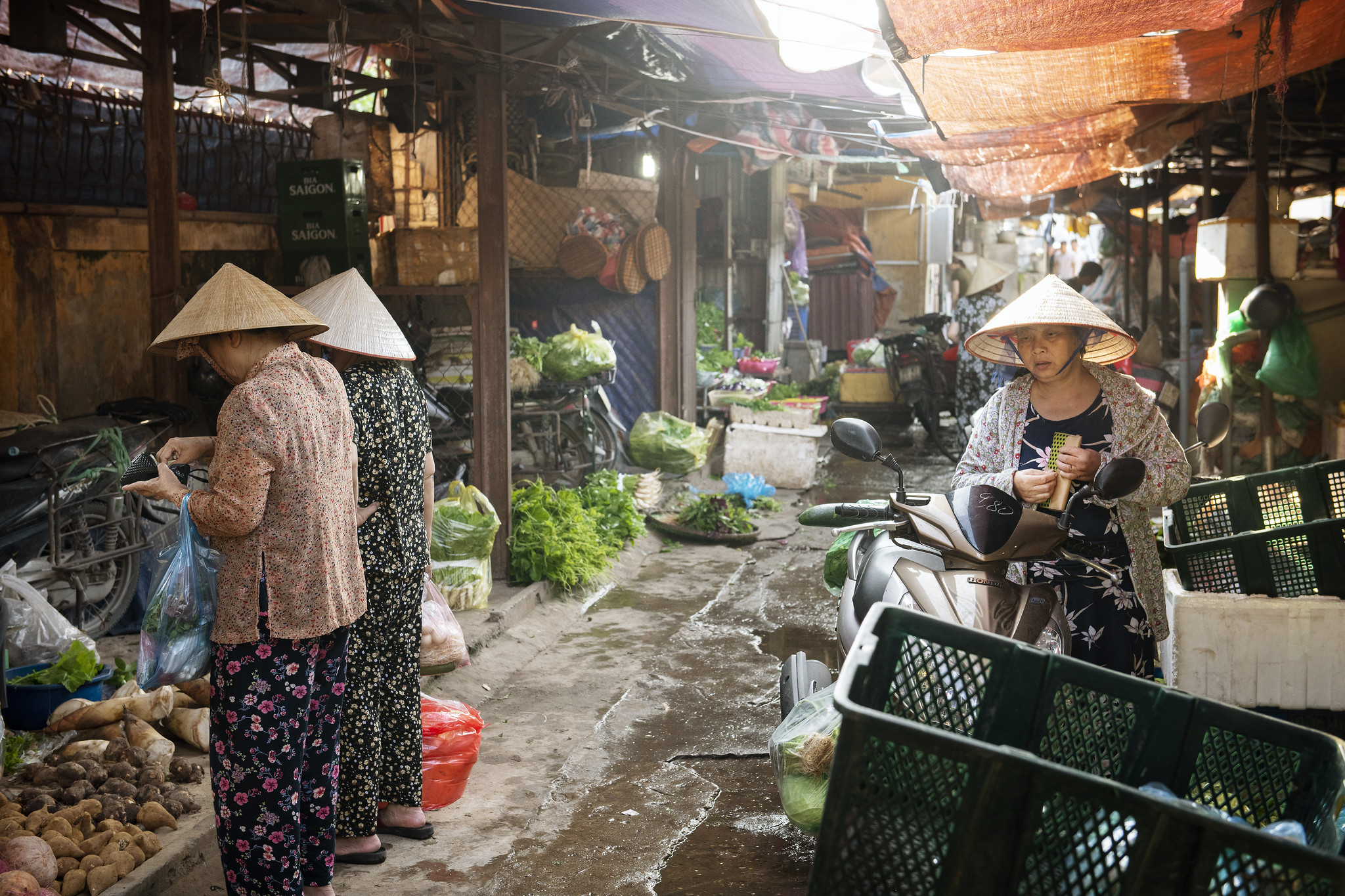
Evaluating impacts: Lessons from food systems interventions across Africa and Asia
Transforming food systems is promising but complex, requiring strong evidence and rigorous evaluations to ensure effective interventions.
-
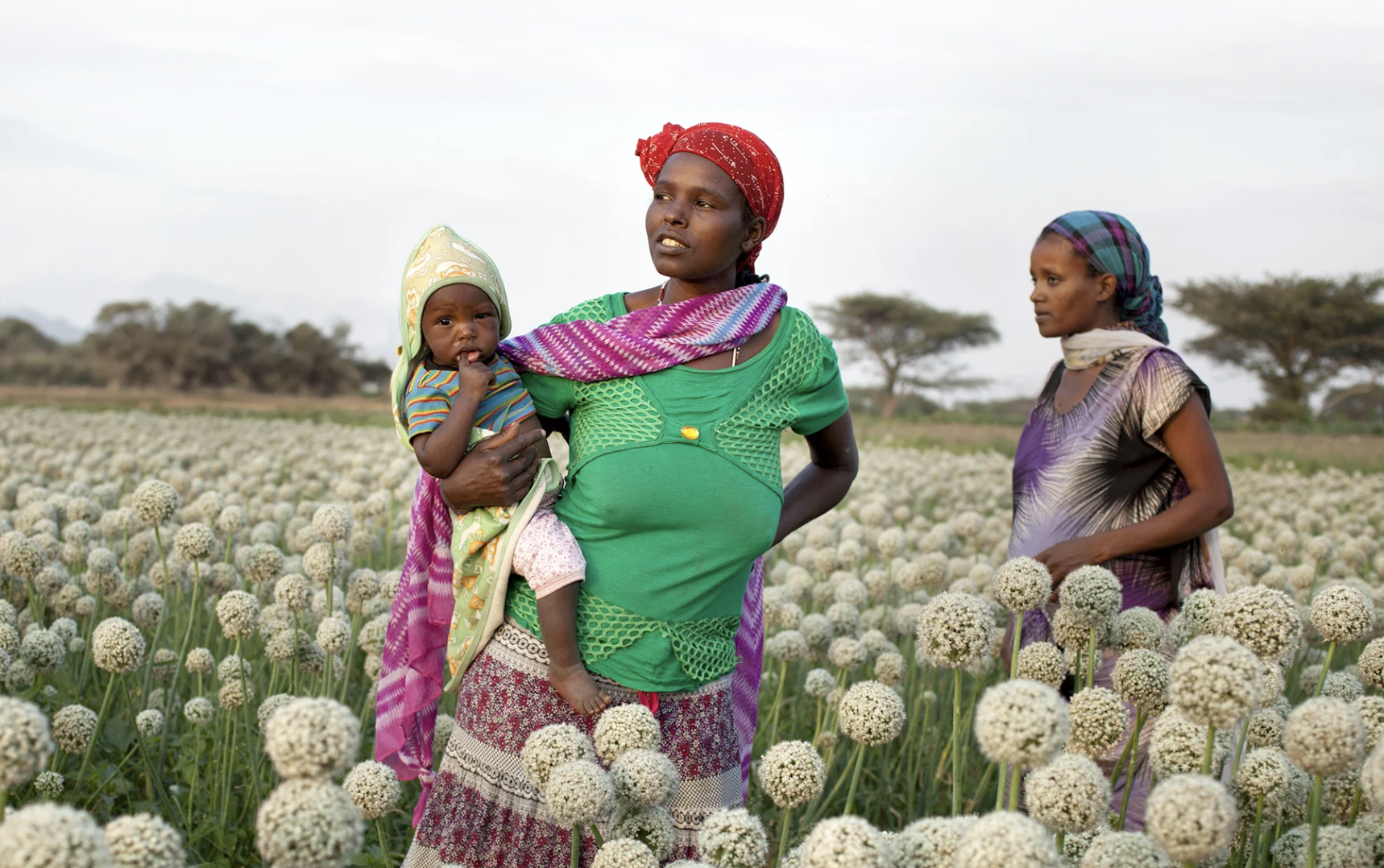
Making a difference: Dumplings and development
The Women’s Empowerment in Agriculture Index (WEAI) offers a variety of ingredients for local insights.
-

40 years of learning: Nepal irrigation systems
Revisiting Nepal’s farmer-managed irrigation systems.
-
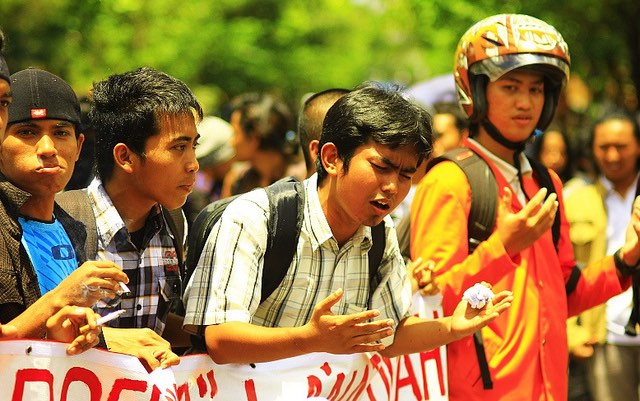
The credibility gap: Low trust in government stands in the way of fuel subsidy reform
Research in Indonesia shows corruption drives down local public support for key economic reforms.
-
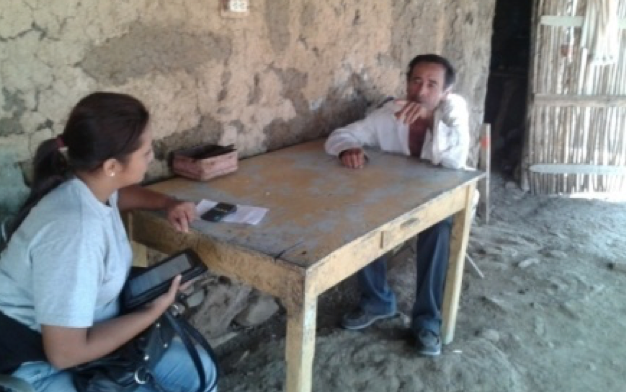
Do you remember? Measuring anchoring bias in recall data
Standard social science interview techniques may not be accounting for cognitive bias, a new study finds.
-

Cash transfers increase trust in local government
A cash program in Tanzania boosted villagers' confidence in local leaders and institutions.
-
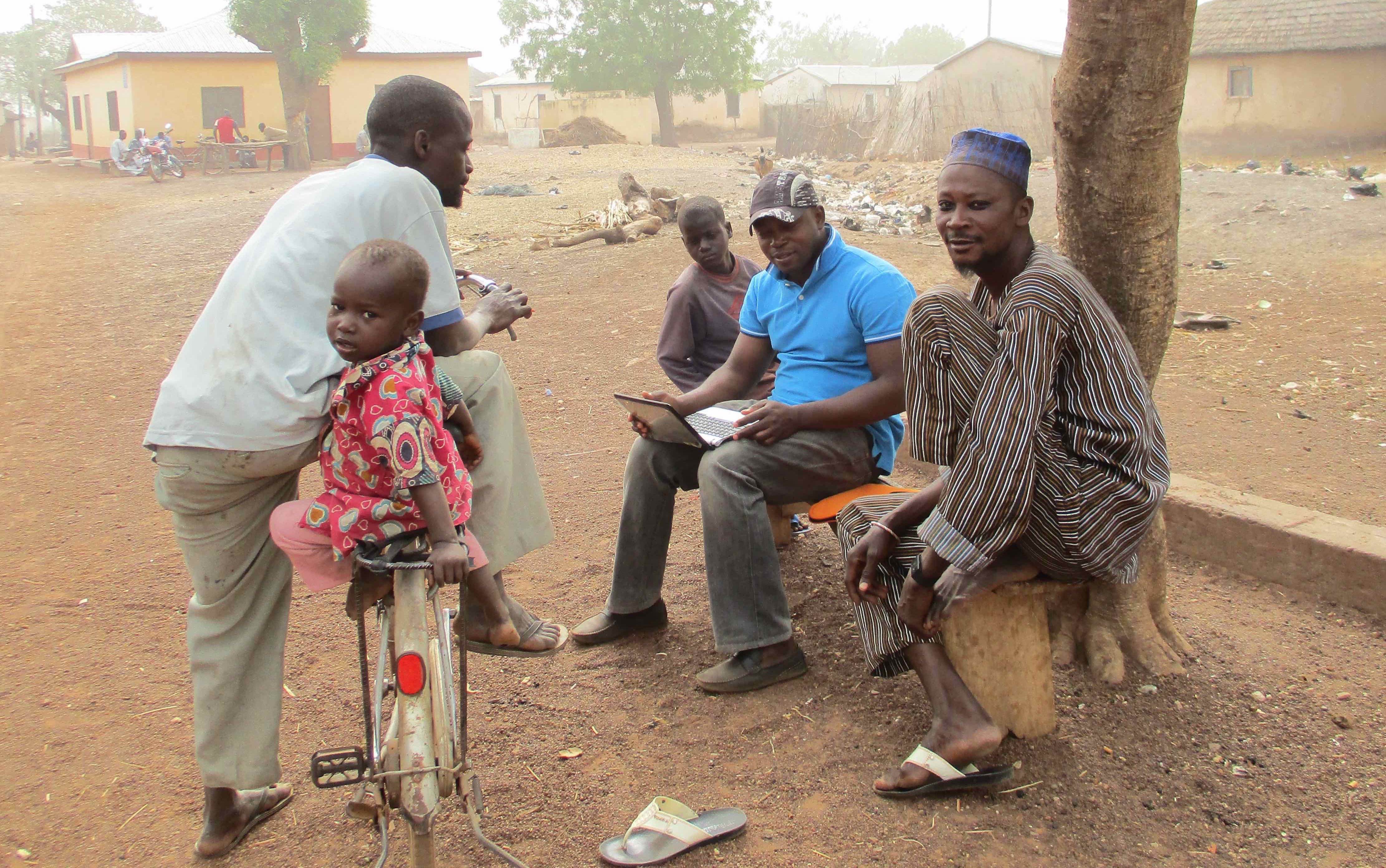
Options for reducing poverty in remote areas of northern Ghana: Can maize contract farming schemes help?
An approach aimed at supporting smallholders can put them at an economic disadvantage, research shows.
-

Information empowers citizens to demand public services
Distributing ID cards with basic eligibility information increased participation in Indonesia's Raskin (Rice for the Poor) program—leading the government to expand their use to other forms of social assistance.
-
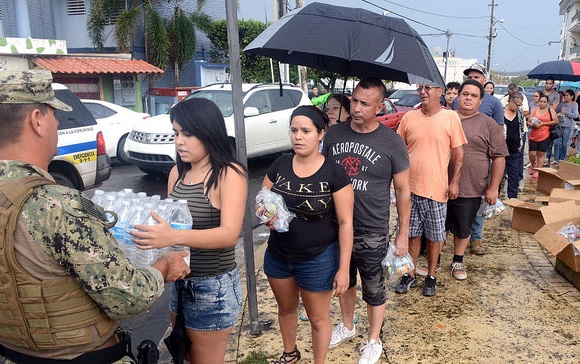
Natural disasters damage victims’ goals and ambitions – which is why disaster relief is so important
As Puerto Rico and other areas hit by recent natural disasters begin the recovery process, research shows that government assistance yields more than just material benefits.
-
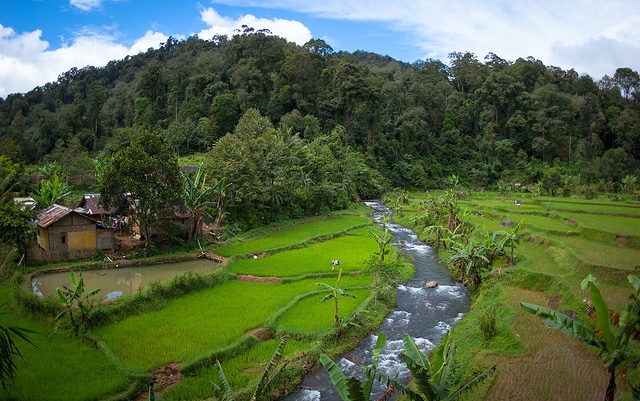
The agriculture-forest interface is the key to achieving global restoration goals
New research suggests that integrating agriculture into reforestation projects could have substantial benefits for global food security.
-
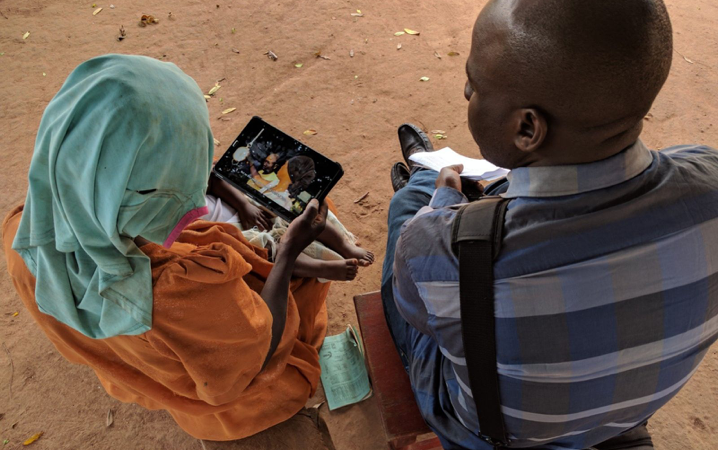
Designing gender sensitive agricultural extension information campaigns
An ongoing IFPRI study examines how gender influences the communication of agricultural extension messages in Uganda.
-
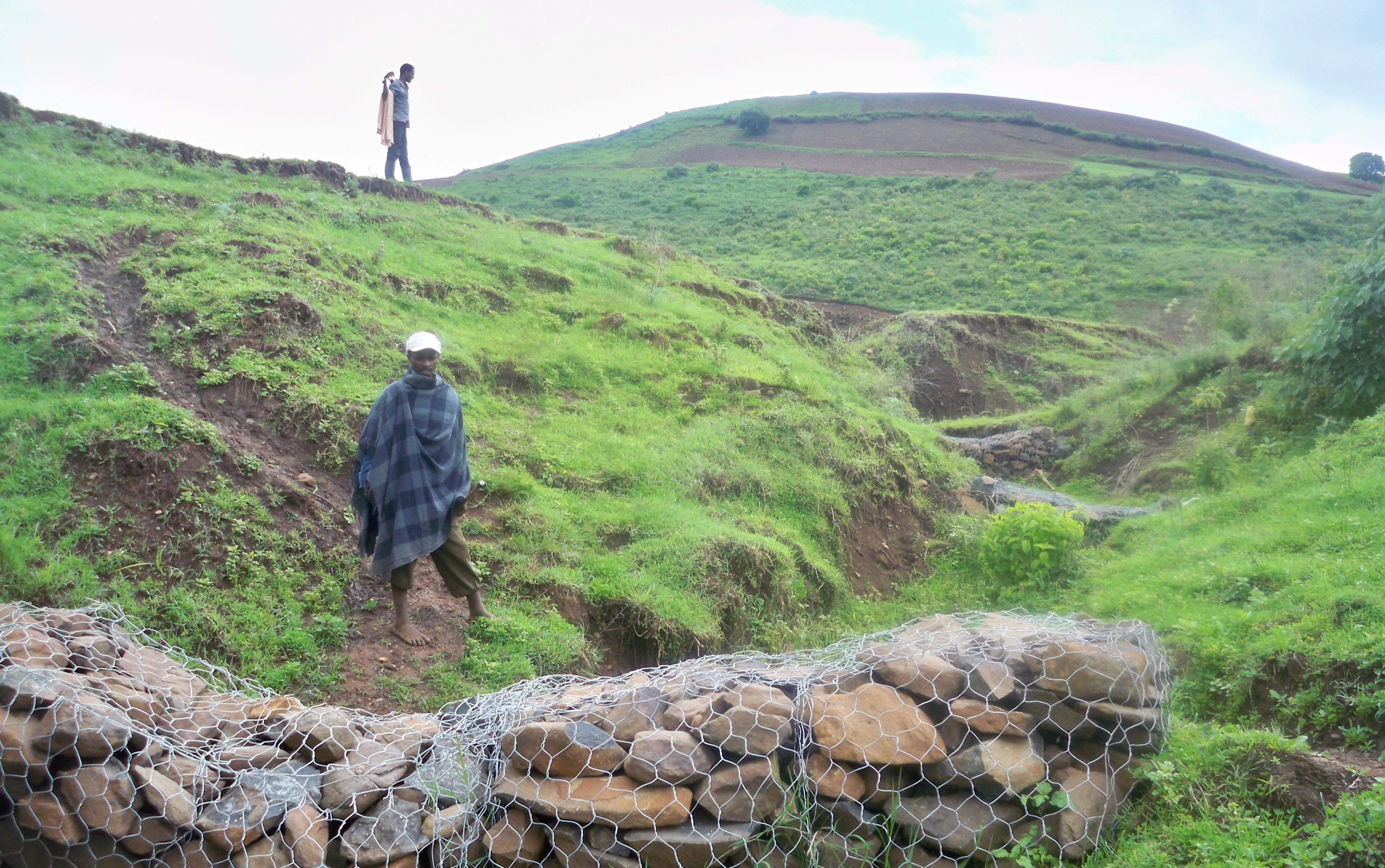
Will sustainable land management mitigate Ethiopia’s land degradation challenges?
Farmer income sometimes suffers even as yields increase from sustainable land management projects. IFPRI research suggests compementary investments can help.
-
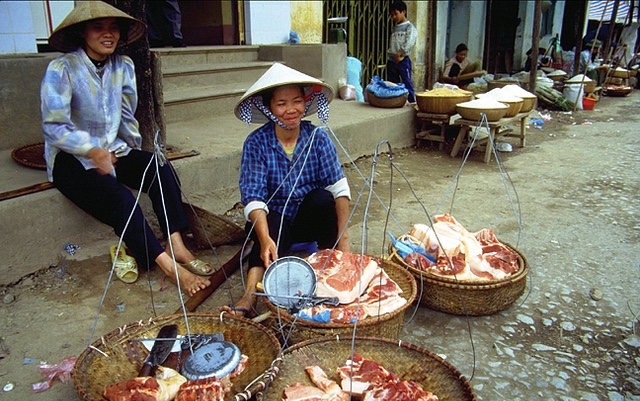
Charting gender issues in agricultural development research under climate change
A new paper outlines the gaps and opportunities in research on climate, gender, and food systems.
-

Food Security Media Analysis System demonstrates impact of news coverage on food prices
An IFPRI specialized search engine shows crisis-driven coverage may contribute to price spikes.
-
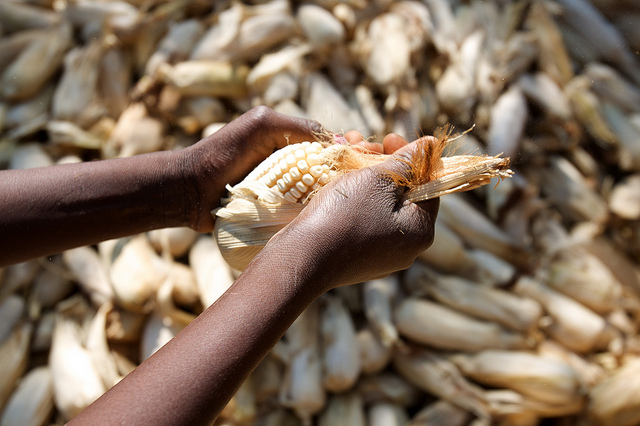
Malawi’s fertilizer subsidies are not a panacea for farmer households
A new study finds that an oft-praised Malawi fertilizer subsidy program has mixed results for maize farmers.
-
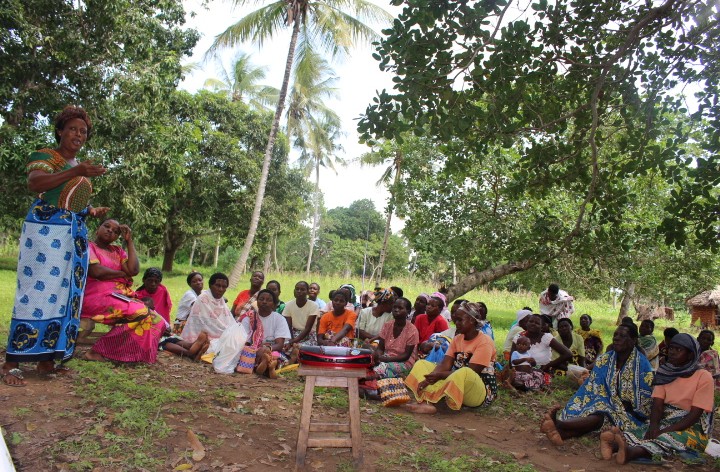
Harnessing information to improve public services for the rural poor: What are the possibilities, and what are the limits?
An IFPRI workshop examines ways in which (and sometimes whether) provisioning information to the public can result in more responsive governments.
-
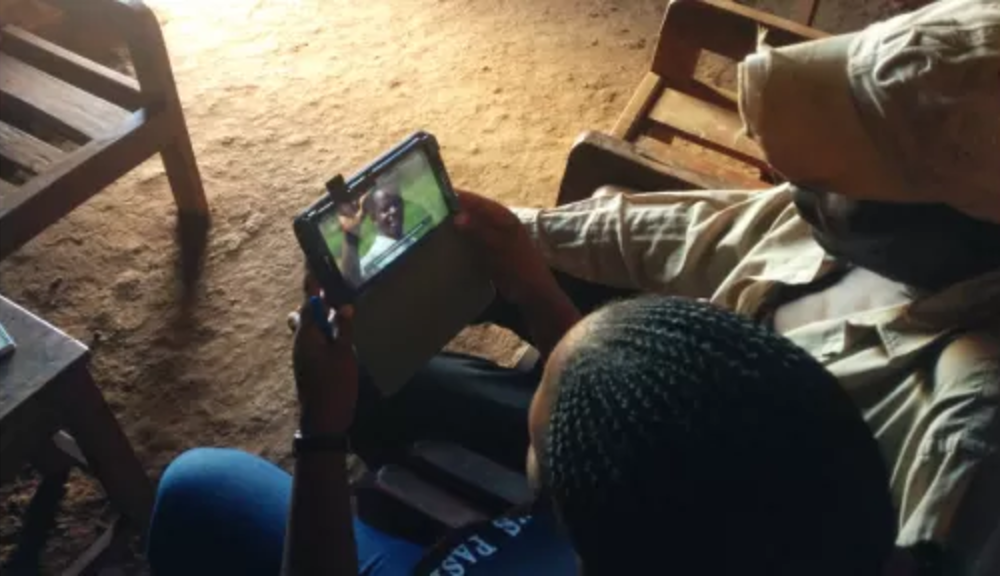
How video can improve agricultural practices in Uganda
Newly-published research shows smallholder farmers in Uganda benefit when they watch instructional videos about proper techniques for handling potato seedlings.
-
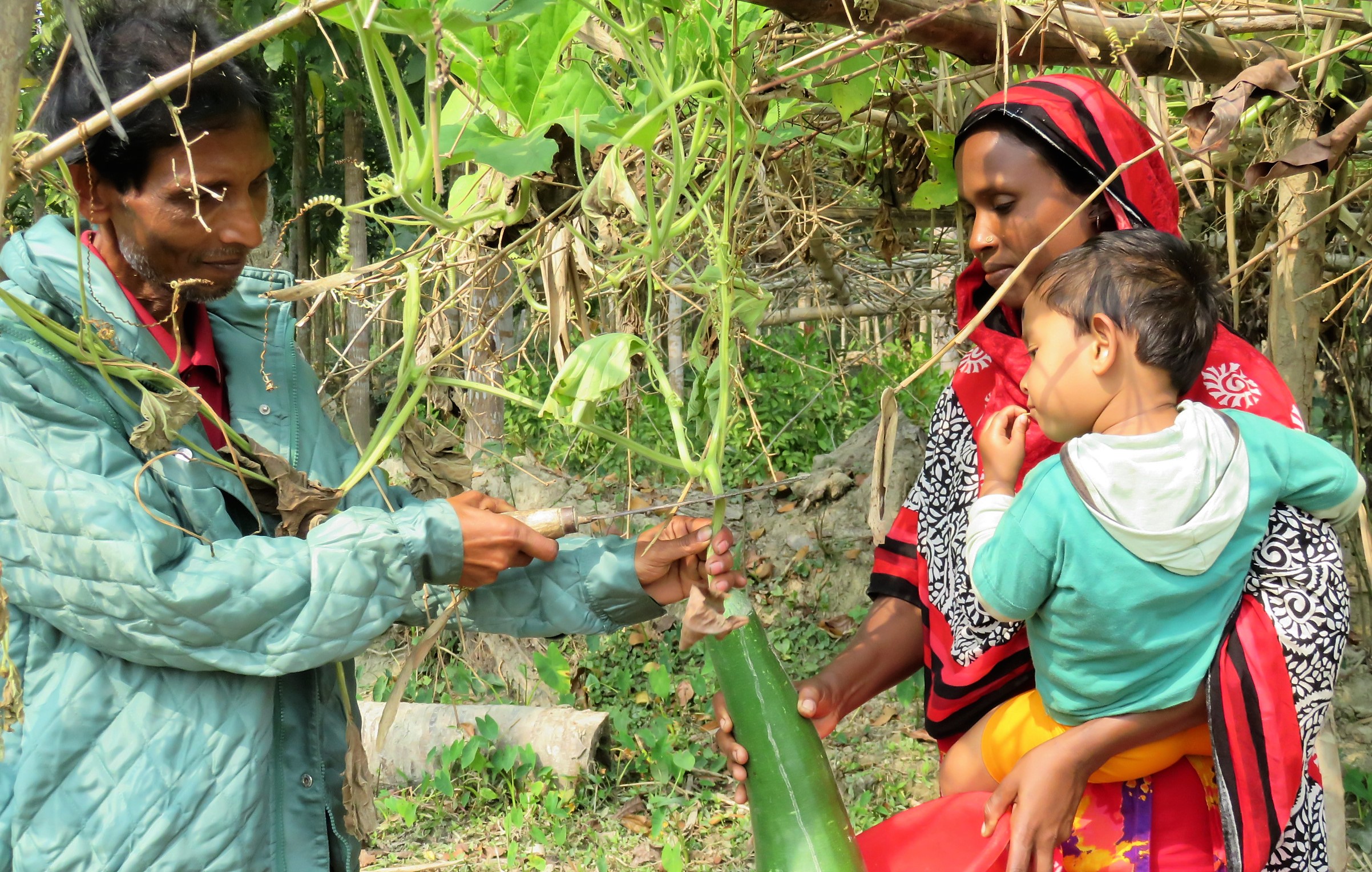
Empowering women in Bangladesh by strengthening the agriculture-nutrition-gender nexus
A look at IFPRI's Agriculture, Nutrition, and Gender Linkages (ANGeL) project, which aims to identify actions and investments that will help to improve nutrition and empower women.
-
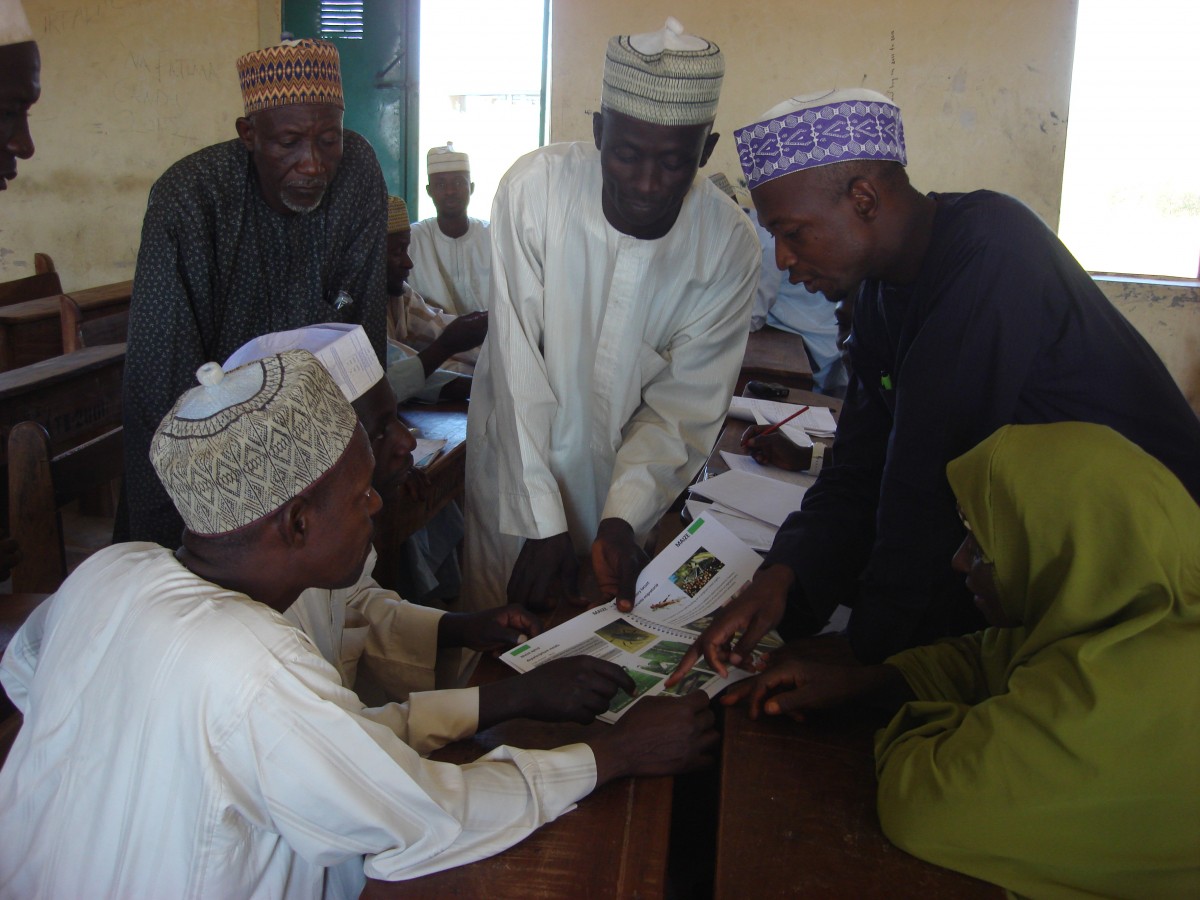
What makes people aware of ecosystem services?
A survey of rural communities in Nigeria shows how agricultural programs can encourage better use of ecosystem services in pest control.
-
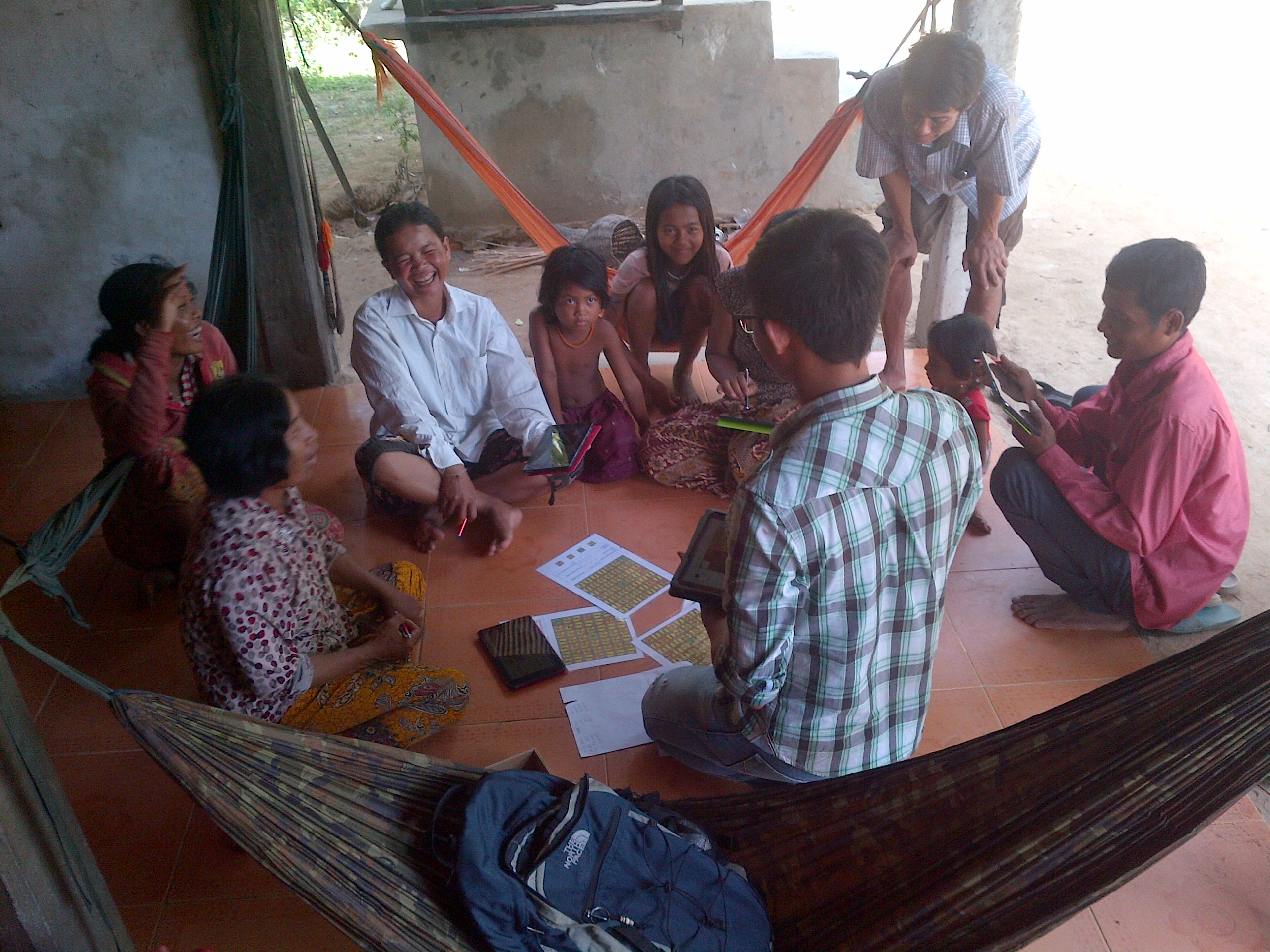
Experimental games test efficacy of subsidies to encourage farmers to invest in natural ecosystem services
An interactive game offers insights into how farmers cooperate – and sometimes don't – moving to ecosystem-based pest control.
-
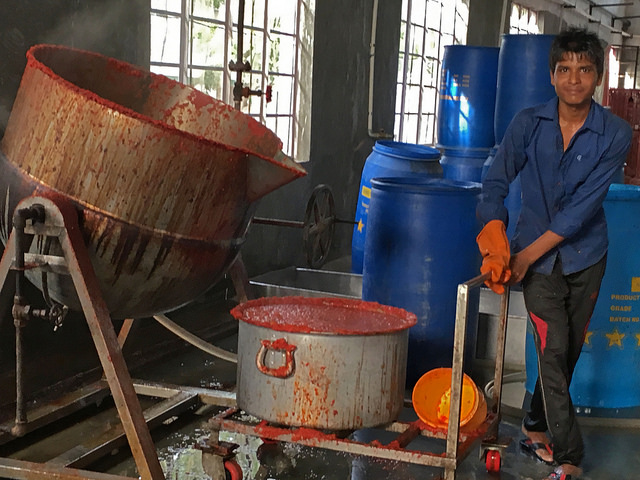
Model: U.S and India would benefit from bilateral free trade agreement
A paper by researchers from IFPRI and the World Bank shows improvements in both commerce and welfare.
-
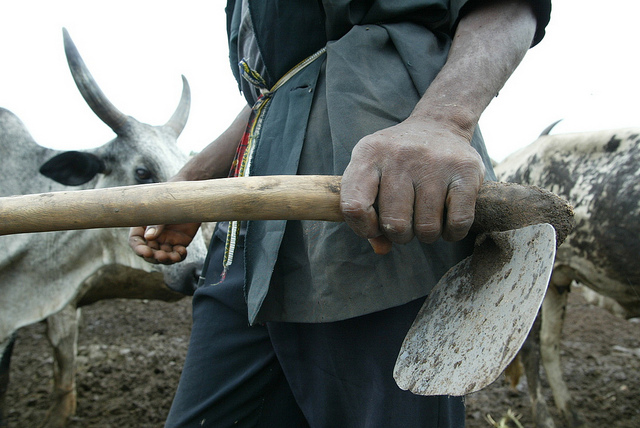
Piecing together the puzzle of underinvestment in agriculture
Two papers show how political circumstances and institutional prerogatives limit public spending.
-

IFPRI’s Bangladesh Integrated Household Survey (BIHS) second round dataset now available
A guide to IFPRI's comprehensive, revealing household survey.
-
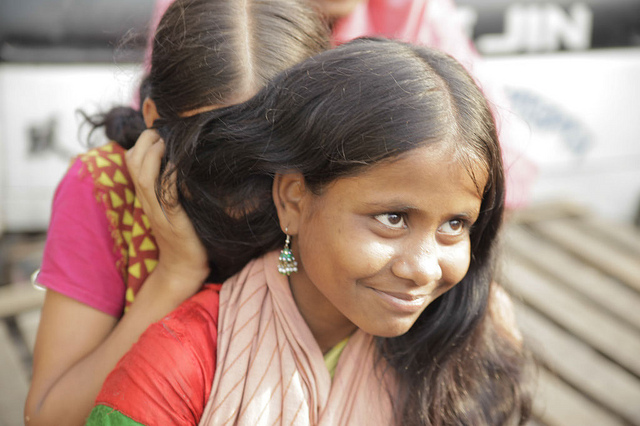
An end in sight to early marriage in Bangladesh?
New IFPRI data show this traditional practice has declined, which should have positive social and health benefits.
-
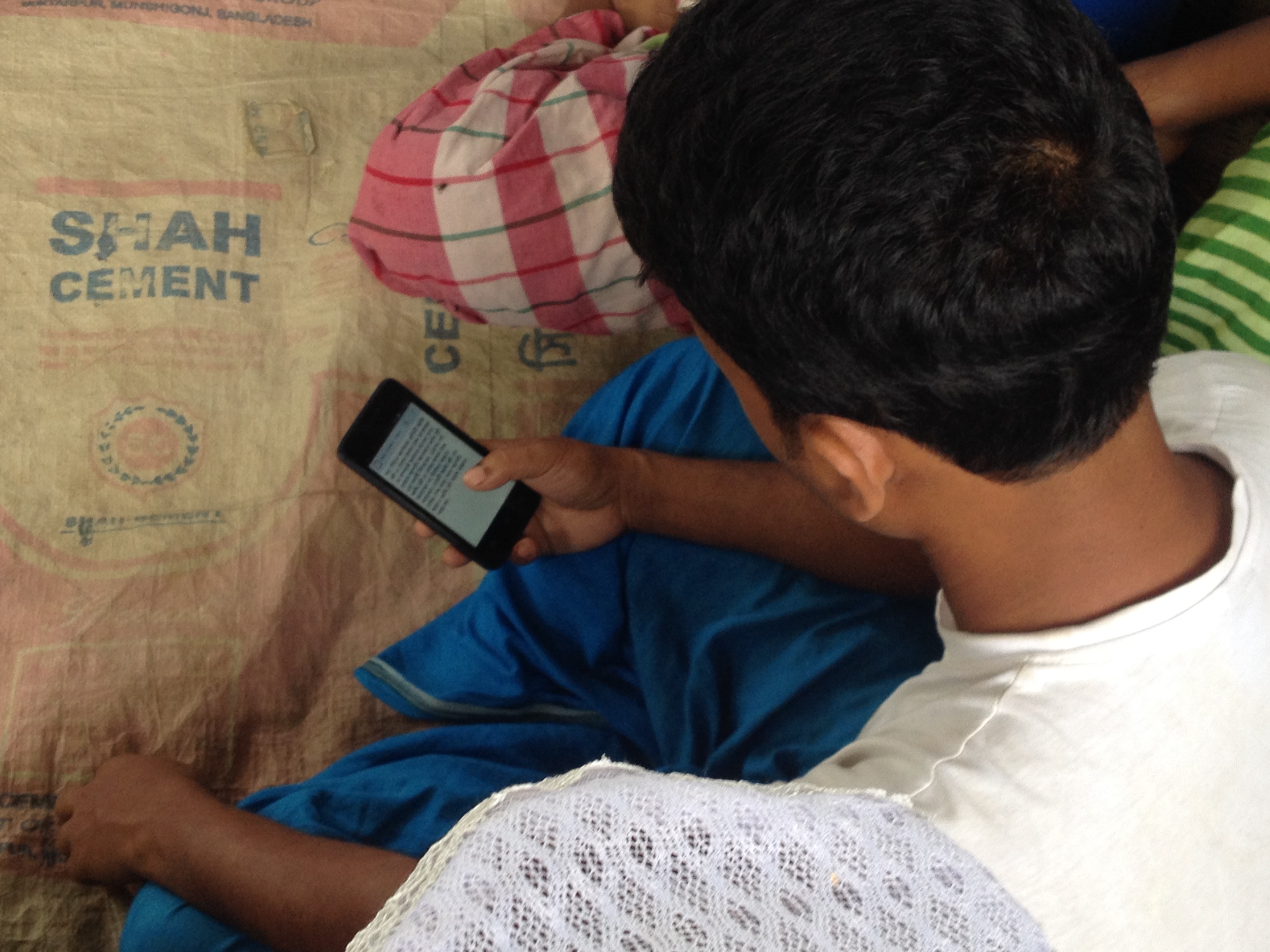
Revolutionizing the collection of household data
A pilot study shows that using smartphones to gather data can address obstacles to recall accuracy in household surveys and provide near-real-time information to policymakers and development practitioners.
-
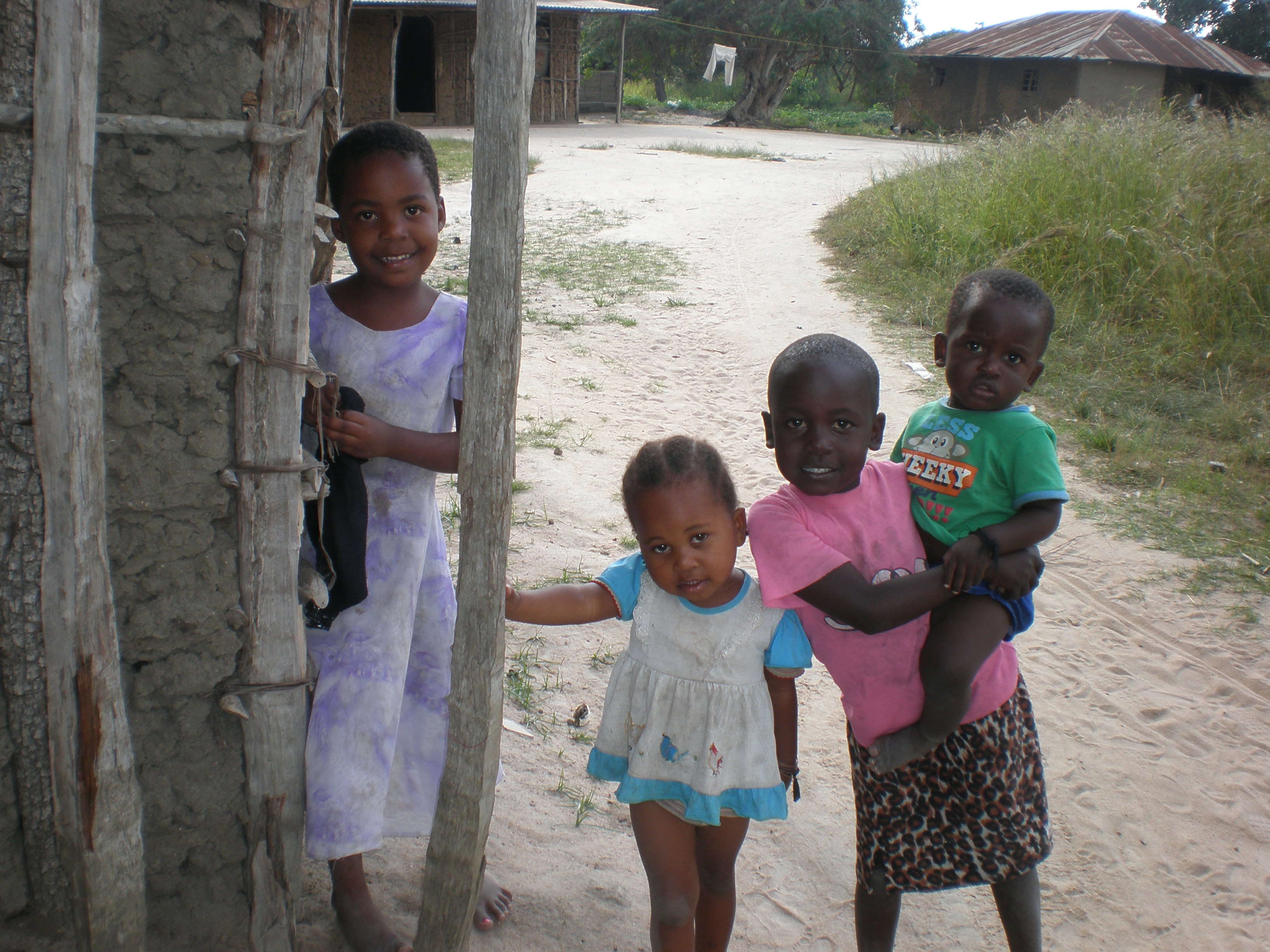
Cash transfers and health: It matters when you measure, and it matters how many health care workers are around to provide services
A close look at health-based conditional cash transfers in Tanzania reveals important nuances in how such increasingly popular programs work.
-
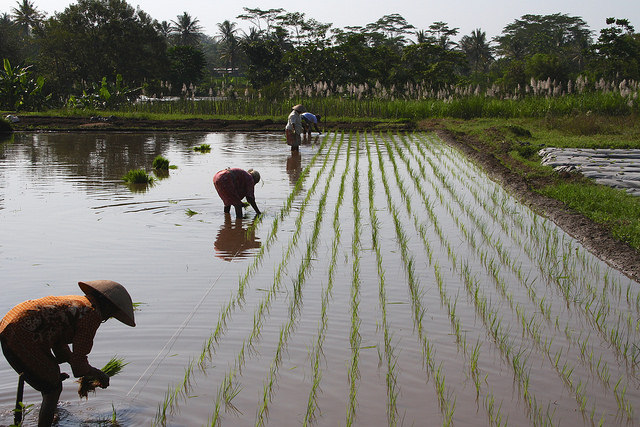
Stress-testing the global food system
A new paper models how outbreaks of rice disease in Asia might play out, and how policymakers can respond.
-
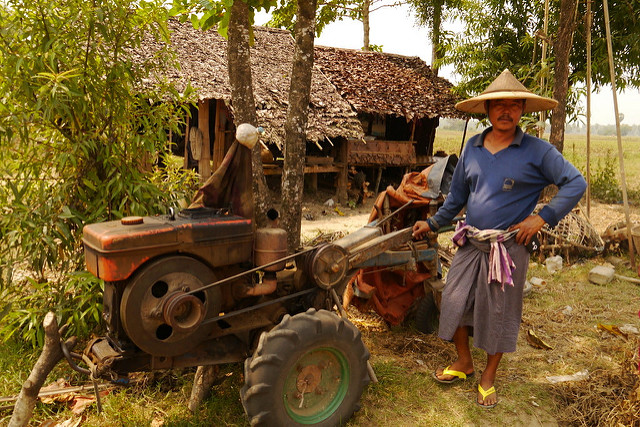
Revitalizing agriculture in rural Myanmar
Policies to boost agricultural productivity in Myanmar should focus on the problems of smallholder farmers. What IFPRI research shows about Mon State.
-
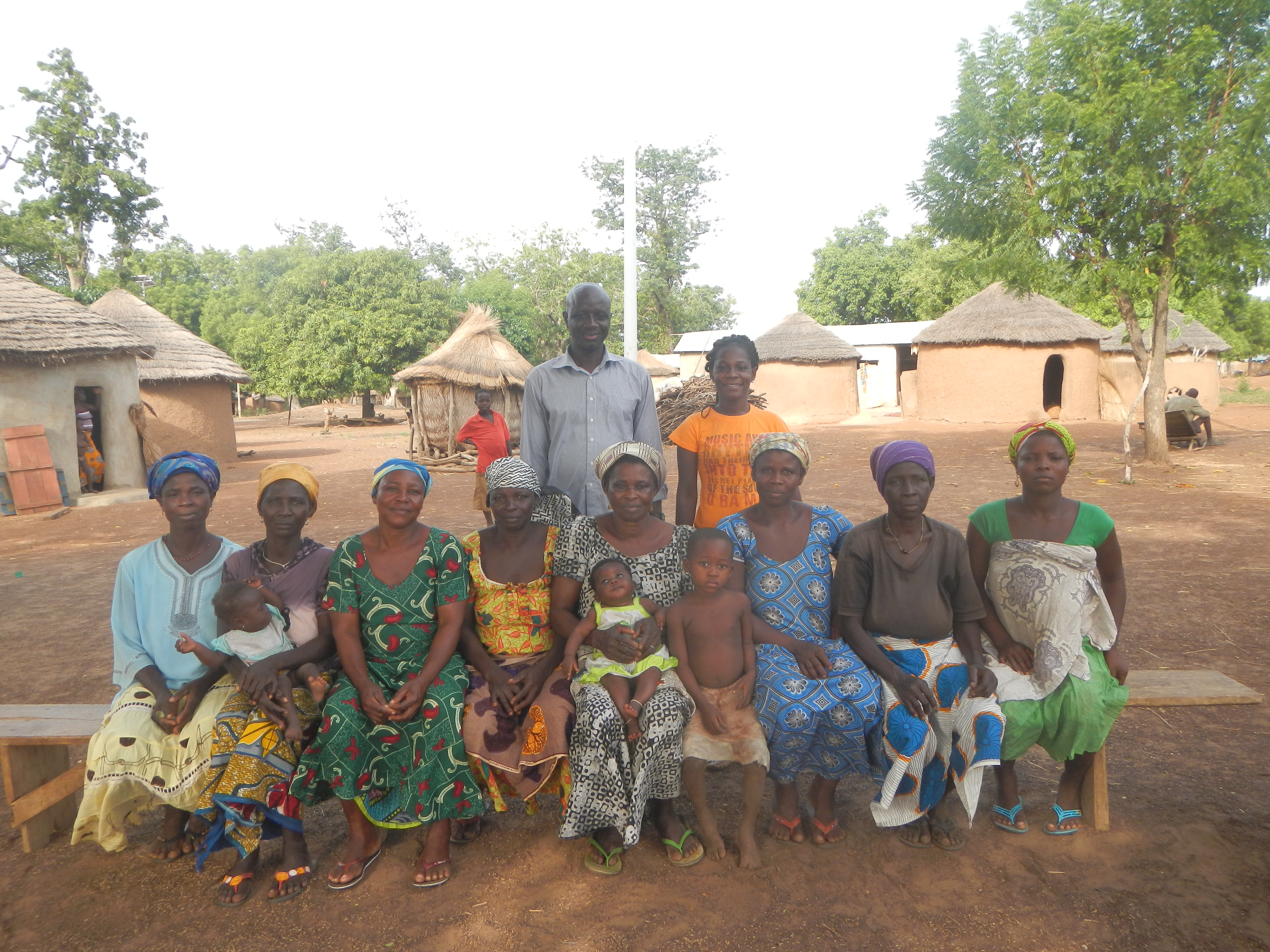
“As a wife I will help, manage, and love”
Qualitative research on gender and land tenure reveals the dynamics of smallholder agricultural decision-making in northern Ghana.
-
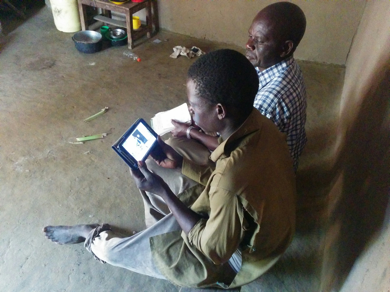
Addressing knowledge gaps in rice growing in eastern Uganda
Videos can deliver agricultural extension messages cost-effectively to smallholders.
-

How is SPEED being applied in research?
Public investment has gained importance in development in recent years. In the Malabo Declaration on African Agriculture and CAADP from 2014, heads of state and government of the African Union recommitted to uphold the target of allocating 10 percent of total spending to agriculture, as originally agreed in the 2003 Maputo Declaration. As part of […]
-

Should public health campaigns contain more messages about bad or good food choices?
The estimated societal costs of non-communicable chronic diseases caused by unhealthy diets, such as diabetes and cardiovascular disease, are now greater than those due to undernutrition in most regions of the world. Furthermore, according to a study in the Lancet Global Health, over the last two decades, global consumption of less healthy foods increased faster […]
-
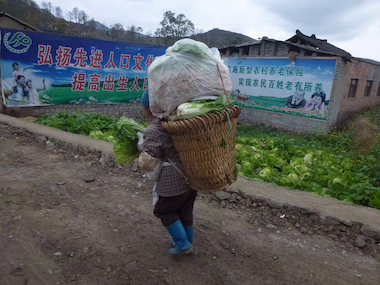
What should we expect from world growth?
New discussion paper analyzes current growth slowdown affecting the entire global economy and suggests that today's optimistic projections may be overrated.
-

Using video to promote improved potato seed quality in southwestern Uganda
In Uganda, low quality of potato seed is a major contributor to low potato yields among smallholder farmers.
-
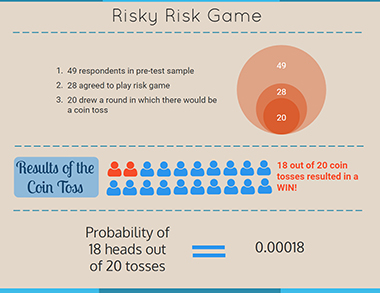
A risky risk game: Experiences from the field in Ghana
IFPRI researcher Simrin Makhija and colleagues test behavior change theory via field experiment in Ghana.
-
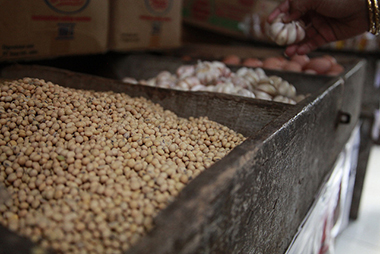
Quality control in agricultural value chains and external certification
Imagine a world in which every box of Cheerios you opened tasted different. In developed countries, quality control measures to ensure that food products meet certain safety and quality standards play a key role in agricultural processing. These measures include testing for bacterial contamination, measuring the amount of fat, protein, and other nutrients, and inspecting […]
-
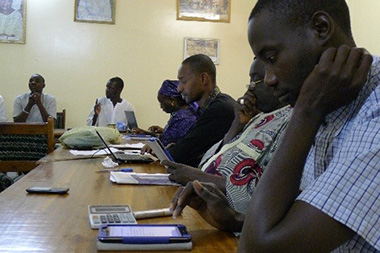
Enabling evaluation: Building capacity with our partners
MTID partners with FONGS, a federation of farmers’ associations in Senegal, to build M&E capacity.
-
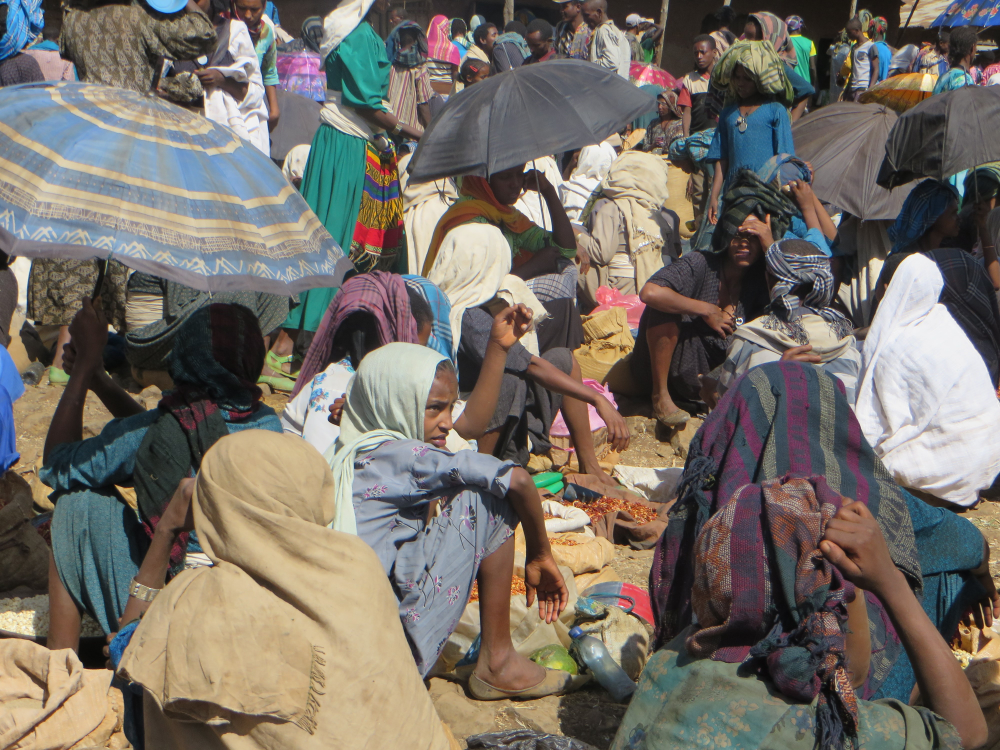
From market to mesob: Ensuring access to food is key to improving diets in Ethiopia
Proximity to food markets is associated with better diets – and, in some instances, with lower child under-nutrition rates
-
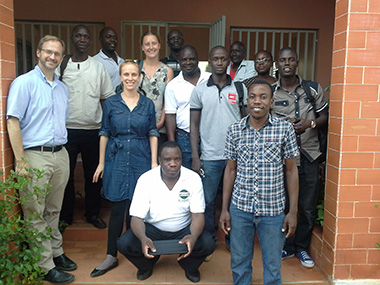
Adapting and implementing Fomento in Africa: Learning through a partners workshop
Learning through randomized control trials can be an ongoing process, and it does not stop at the conclusion of the study.
-
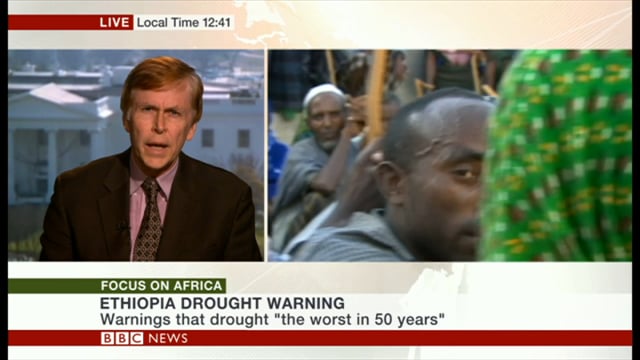
Ethiopia’s 2015 drought: No reason for a famine
Five major policy actions based on past experiences and the current context.
-
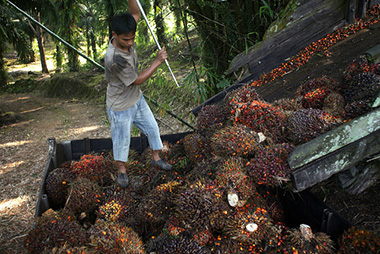
Differential export taxes along the oilseeds value chain
Export taxes are a commonly enacted policy worldwide. Export taxes are often applied as a food security policy, as the main effect of these taxes is to decrease the domestic price of a good.
-
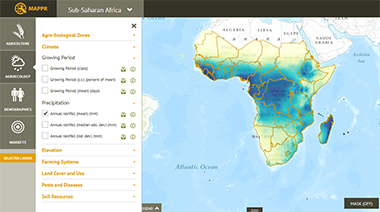
Do economic predictions of damage from climate change cause policymakers to focus on the wrong thing?
Do economic predictions of damage from climate change cause policymakers to focus on the wrong thing?
-

R-squared doesn’t matter− at least not in Randomized Control Trials
− at least not in Randomized Control Trials
Post by Alan de Brauw, Senior Research Fellow in the Markets, Trade, and Institutions Division
-
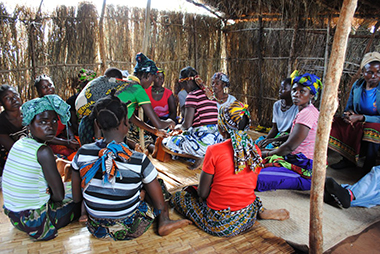
Can financial inclusion also exclude?
Microsavings reduces risk-sharing among women in Kenya
-
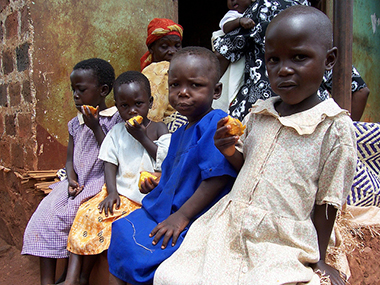
Participation and randomized control trials: Can we measure how much participation matters?
Can we measure how much participation matters? Post by IFPRI Senior Research Fellow, Alan de Brauw
-

Encouraging transparency in agricultural research
Over the past few decades, economics research has gone through a kind of credibility revolution.
-
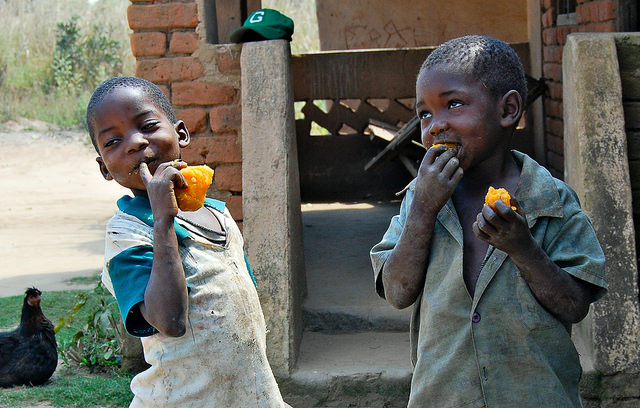
Leveraging agriculture for improving health
The following post, written by Kelly Jones and Alan de Brauw from IFPRI’s Markets, Trade, and Institutions Division, is part of an ongoing series of researcher-authored blog stories highlighting research in progress at IFPRI. Despite a great deal of discussion about linkages between agriculture, nutrition, and health, both inside and outside the CGIAR, until now there is almost no rigorous evidence that interventions to increase […]
-
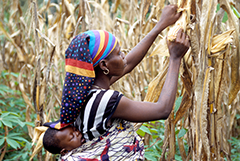
Does aflatoxin exposure cause child stunting?
Project Spotlight: Mitigating Aflatoxin Consumption for Improving Child Growth in Eastern Kenya (MAICE)
-
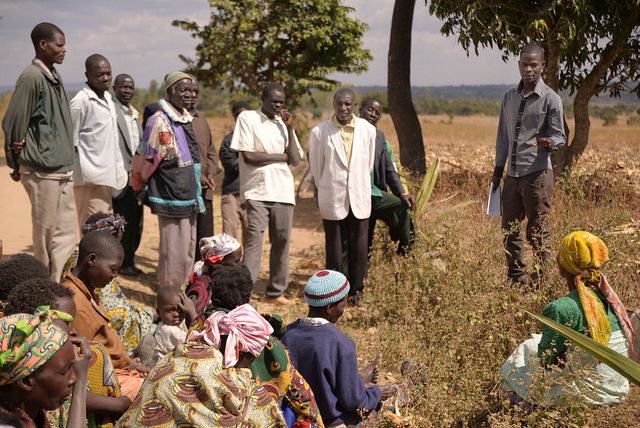
Poverty reduction for smallholder farmers, Brazilian-style: Can it work in Africa?
The following post, written by Kate Ambler, Alan de Brauw, and Susan Godlonton from IFPRI’s Markets, Trade, and Institutions Division, is the first in a series of researcher-authored blog stories highlighting ongoing applied microeconomics research at IFPRI. Brazil has achieved impressive results in reducing poverty with “Fomento,” a set of large-scale, government-run social programs targeting smallholder farmers. Rural poverty in Brazil dropped dramatically […]



